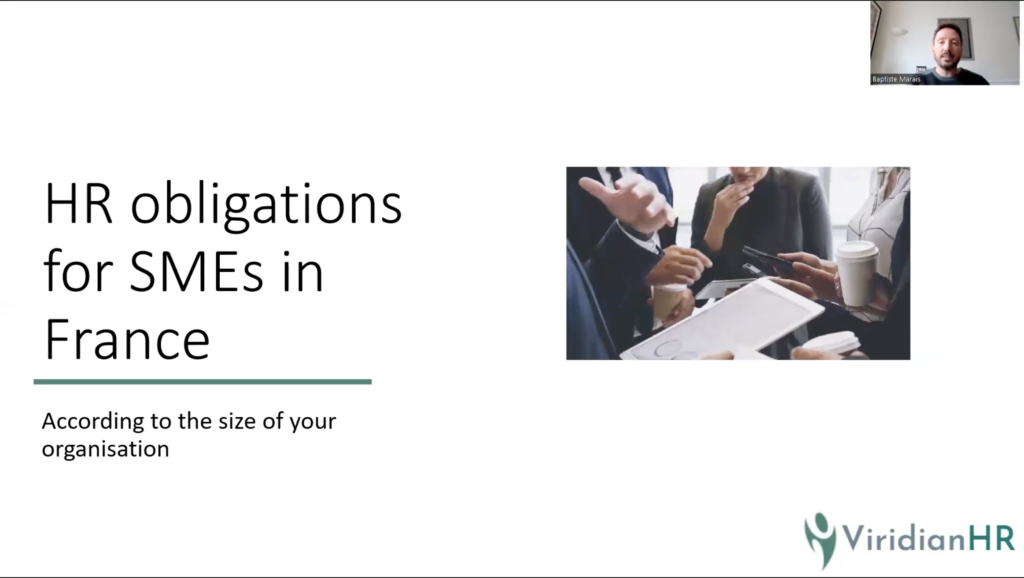As the influential management thinker Peter Drucker once famously said, "you can't manage what you can't measure." This is the first benefit of an HR compliance audit, which provides an effective method for your organisation to measure its adherence to people-related processes and legislation. In short, are you doing what you say you do? Are there policy gaps that need to be addressed? Which areas could be improved upon?
Posts by Karine Lipinski
Entente Cordiale? Key HR Considerations When Setting Up Business Operations in France
When setting up operations in a country that isn't your own, there is a lot to organise, such as ensuring your business complies with international trading regulations, complex financial management, and practical aspects like finding the right premises. In this ready flow of practical tasks, is all too easy to forget that you will be working in a new culture, with new employment rules, and with new people, whose expectations differ – sometimes vastly – from those you are used to. With twenty valuable years of experience working closely with British and French companies, and the holder of qualifications in both employment disciplines, I am well-versed in the HR differences between the two countries, and how these translate into effective business operations. The official introduction of Brexit has seen a wealth of new enquiries about how to manage HR effectively in France. As there seems to be scarce guidance online, I have set out some key considerations below.
Supporting Diversity in The Workplace
Issues like the Black Lives Matter movement have shed new light on diversity in recent months. However, it seems that many organisations still aren’t doing anything about it. According to a recent poll conducted by the networking group Black and HR, 77% of respondents said that their workplace has not addressed “what has been happening in the black community at the moment.” As a result, some employees could be experiencing heightened emotions, or have questions about how their organisation encourages diversity and inclusion. Here are some ways in which your organisation can demonstrate its support.
How to Lead in International Environments
It could be said that a vital component of good leadership is adaptability. When we consider that the CIPD definition of leadership is "the capacity to influence people to achieve a common goal" the need to be adaptable is clear. Leaders should be able to flex their approach, so that they can communicate effectively with different people, and adjust quickly to a variety of environments and cultures. In short, when it comes to leadership, there is no such thing as 'one size fits all'. It is partly for this reason that identifying and developing leaders is such a complex issue: how will anybody know how effective they are as a leader, until they have been properly tested in a range of environments? Since every country has its own unique culture and characteristics, working internationally only adds to the challenge. The general lack of effective leaders remains an ongoing concern for many organisations, despite a significant level of investment in highlighting and developing leadership and management capabilities. If effective international leadership is a concern that impacts your organisation, the CIPD has identified three steps to help you start tackling the issue.




